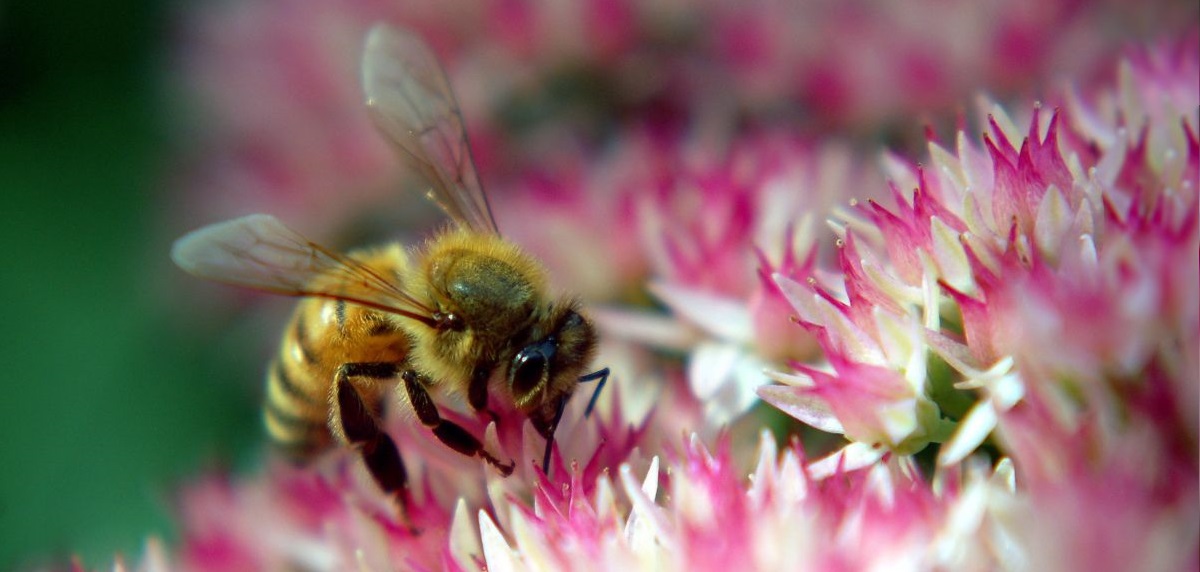
Honey production in the UK has declined tremendously this year with some bee farmers admitting their worst crop for decades, according to the Bee Farmers’ Association.
We all tend to think of bees as hard working, the phrase 'busy bee' obviously stems from the hard working nature of these incredible creatures. No one can doubt the labour-intensive nature of them.
However, even bees encounter hiccups on the productivity front when conditions severely undermine their efforts.
The combination of wet and windy weather, mixed with cool temperatures has created a disastrous concoction.
The summer period are bees' key time of nectar production, meaning the unfavourable weather conditions have dampened the bees ability to collect nectar, leading to a decline of desposits into honeycomb cells, according to farmers.
Bee farmer Crispin Reeves, from Haughton Honey, said the harvest was likely to be a third of last year’s amount.
“The honey crop can fluctuate quite widely from one year to the next and, in the main, it’s all down to the weather,” he said.
“After talking to bee farmers across the country, it looks likely that the honey harvest generally could be around a third of last year’s crop.
“We’re still processing, but there definitely won’t be anywhere near as much English honey around this season as a result of the weather.”
The work of the bee is held in high esteem. Through pollinating fruit, vegetables and crops, they are thought to be responsible for around a third of the food that makes its way to the supermarket shelves in the UK.
In recent years, however, they have been under threat from everything from parasite and diseases and climate change and habitat loss.
Bee Farmers’ Association general secretary Margaret Ginman said some members in the South were reporting average crops while the situation in Scotland was “not just poor” but “disastrous”.
Given concerns over bee populations, the Newcastle-based remote hive monitoring company, Arnia, is working on a project known as Build the Buzz with the British Keepers’ Association, using non-invasive technology to track the progress of thousands of UK colonies.
